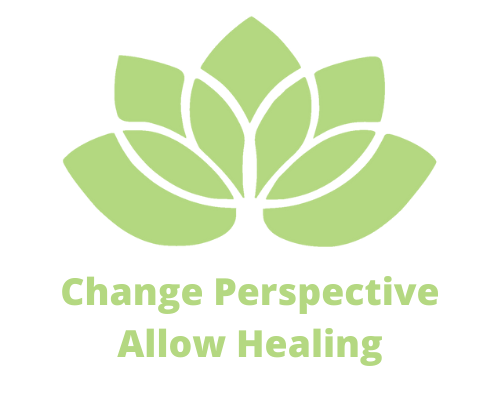Integrative Medicine is different from Alternative or Complementary Medicine
The term Integrative Medicine is not used uniformly. In fact, the term is relatively new and has developed from the concepts of the complementary and alternative medicine. Some consider the concept of integrative medicine simply superfluous, since for them the “complementary effect” of alternative medical methods in combination with evidence-based conventional medicine already expresses the integrative character of complementary medicine.
From my point of view, however, it is about much more. About a real interlocking of different approaches, different concepts and perspectives. Conventional medicine has given us very interesting and far-reaching insights into the active structure of the biological body. We are often able to describe very complex relationships between symptom and cause (but also often we are not). In addition, acute medicine and surgery allow us to restore our physical life, which we have brought to existential limits partly consciously, partly unconsciously and thus through without fault of our own. In most cases, however, conventional medicine cannot treat the actual causes of the disease or bring them to a cure. It remains on the level of the symptom. This is also not surprising, since school-medicine looks at the body in an isolated manner. In this respect – and this is important to recognize now – it does not differ from some so-called alternative medical methods, such as phytotherapy and classical homeopathy.
Conventional Medicine is a bridge
However, conventional medicine gives us time. Time that we can use to address the causes of discomfort and illness. And this is where the integrative approach begins for me. Integrative medicine seeks relief and healing by first acknowledging that the understanding of discomfort and illness can only succeed by looking at the human being as an individual constituted by body, mind, soul and senses. Discomfort and illness always mean that all these parts of the human being are involved and therefore need to be considered.
Activation of self-healing resources
Personally, conventional medicine has taught me to “read” the human body in a certain way, to recognize its biological functioning or malfunctions. The diagnostic possibilities, starting with a thorough physical examination, through the laboratory and ultrasound and the other imaging procedures, are a way to approach to the human being. However, the decisive factor is not the “diagnostic measurement”, but its interpretation in relation to the individual. Ayurveda and other healing systems allow me to combine the findings on the physical level with the findings regarding the mental, spiritual level and sensory perception and to place them in a coherent context in order to present them to the patient. Here, it is important to recognize whether the depicted context of meaning resonates in the patient, i.e., can provide access to his inner experience. If it does not, then either the findings do not apply, or the patient’s experience requires a different approach, because certain defense mechanisms may work in the patient. In any case, this constellation represents a special challenge. Integrative therefore also means coming to a solution together with the patient. To find a way that the patient is willing to go, to activate his self-healing powers.
Integreative Counselling for Children, Adolescents and Adults
